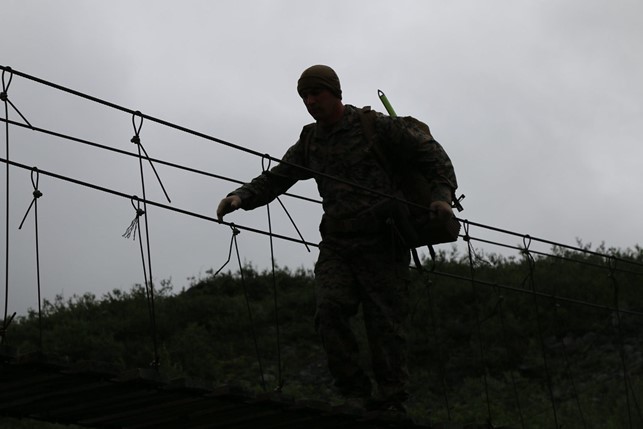United States Supreme Court, U.S. v. Zubaydah, 595 U.S. ___ (2022), 3 March 2022

In the U.S. v. Zubaydah case, the U.S. Supreme Court decided a matter involving the practice of extraordinary renditions and the resort to the state secrets privilege within the context of counter-terrorism operations.
The case deals with a suspected terrorist, Zubaydah, who was captured in Pakistan by Pakistani military forces in cooperation with the CIA, then detained in two black sites in Thailand and in Poland and finally deported to Guantanamo Bay prison, where he still is.
Zubaydah asks that two CIA contractors are authorized to witness on torture and ill-treatment he suffered during his detention in Poland, in order to allow criminal proceedings to be carried out in Poland against Polish officials involved in his rendition. Courts of first and second instance ruled on the case. The court of first instance rejected Zubaydah’s request, upholding the U.S. government’s claims. The latter invoked the state secrets privilege, arguing that disclosure of facts and events by the contractors would have harmed national security. The court of second instance reversed the first instance ruling and held that the contractors should be allowed to witness since gross violations of human rights cannot be shielded by the state secrets privilege. The Government presented a petition of certiorari before the U.S. Supreme Court.
The U.S. Supreme Court granted certiorari. The opinion of the Court vacated the decision of the Court of Appeal without referring the case back to the lower court.
In its reasoning, the majority recognized that there are several public documents affirming that Zubaydah was deported and tortured in Poland. Among them, the Court mentioned the report of the Senate Select Committee on Intelligence (2014) as well as the decision of the European Court of Human Rights, condemning Poland (2014). However, the Court highlighted that the U.S. Government has never confirmed allegations regarding black sites.
The Supreme Court also recalled the Reynolds doctrine, concerning state secrecy. First, the Reynolds doctrine allows the Government to refrain from disclosing certain information in court, as such information may harm national security. Second, according to the Reynolds precedent, the state secrecy claim must be invoked by a high-rank government official. Third, the Court has to assess the claim by considering whether there are real risks to national security and striking a balance with other rights and freedoms involved. If in doubt, the Court has to make security (and so secrecy) prevail.
Hence, the Court proceeded to verify whether the information concerning the existence of a CIA black site in Poland falls within the perimeter of the state secrecy claim, made by invoking the Reynolds precedent. The Court gave an affirmative answer. Although some information was already known by the general public, this does not mean that such information cannot be shielded by state secrecy. In fact, the CIA had never confirmed the existence of a black site in Poland, although other bodies and entities had done so. If the CIA (or its contractors) revealed information about a black site in Poland, relationships with secret services of other countries would be impaired, as well as, more in general, credibility and trust in U.S. secret services. As a consequence, the disclosure of the information requested by Zubaydah would harm national security.
Therefore, the Supreme Court concludes that state secrecy must be applied to information concerning the existence of a black site in Poland and all related information.
(Comment by Chiara Graziani)

